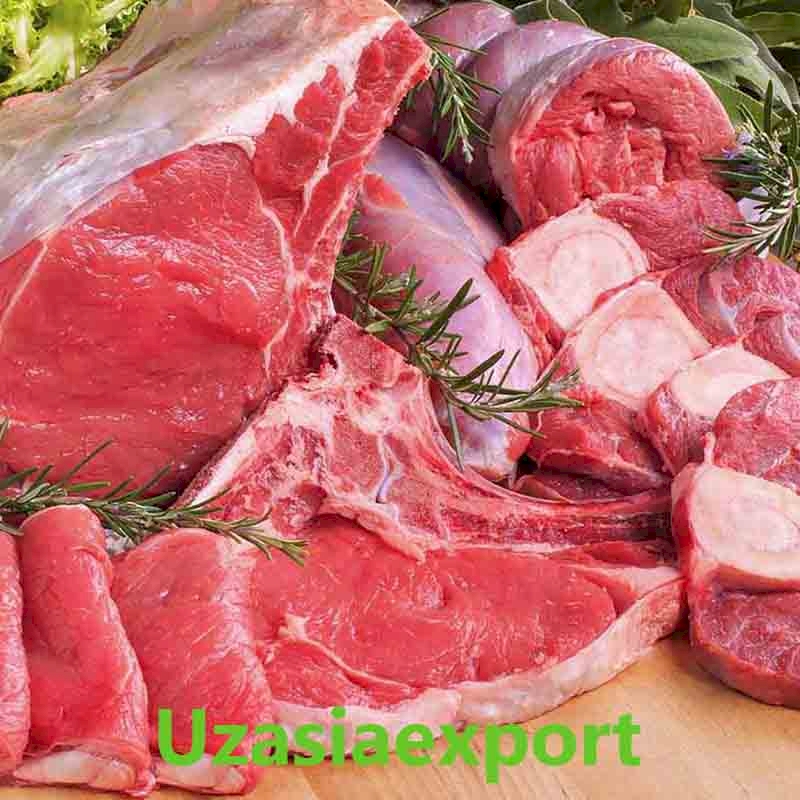Meat
-
Product category: Food and Beverages
Suppliers:0
Small description
Meats such as chicken, lamb and beef are all rich in protein. Red meat provides us with iron, zinc and B vitamins. Meat is one of the main sources of vitamin B12 in the diet.
Suppliers of this product
Shown 0 goods from 0
Hot deals
Popular products currently available













